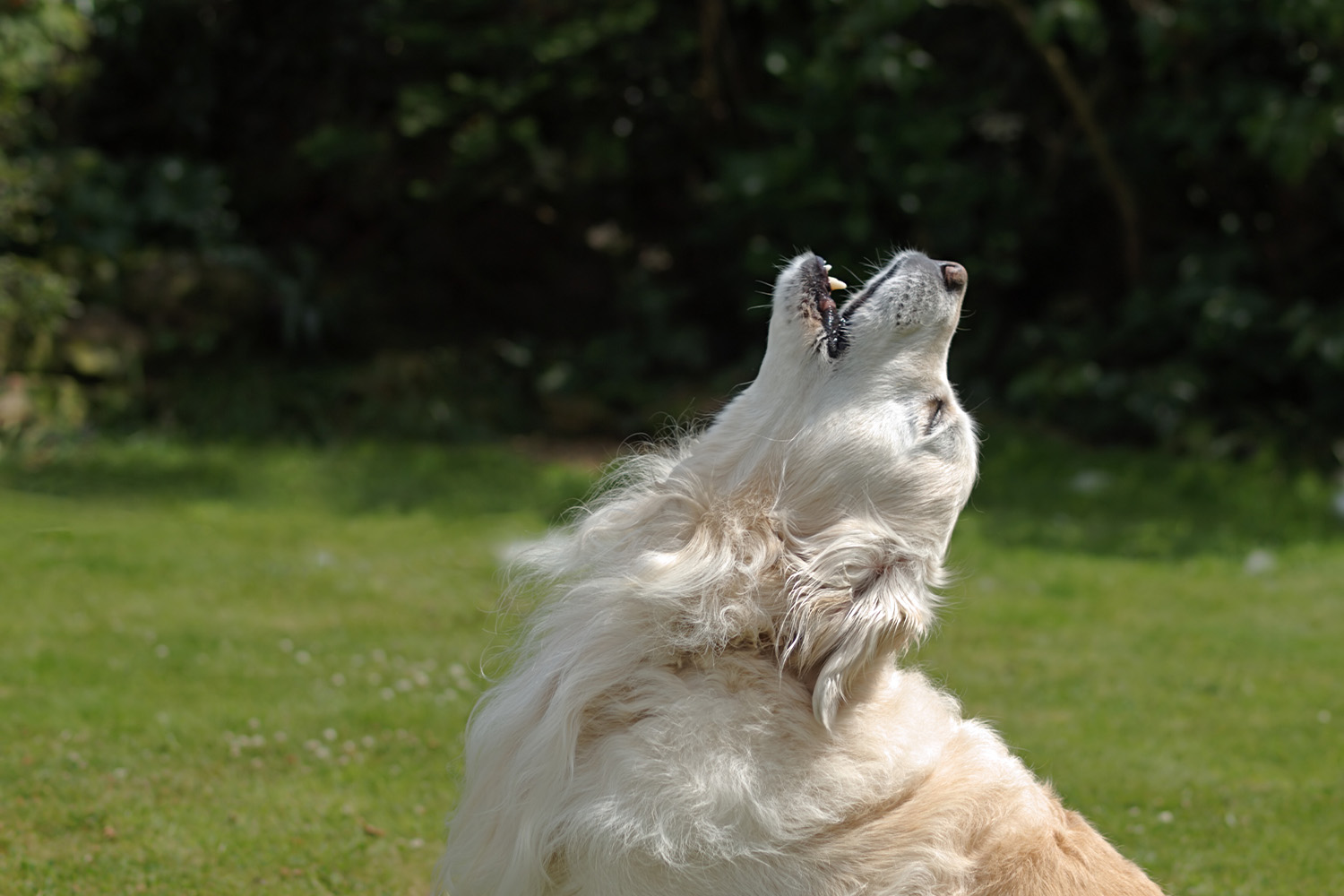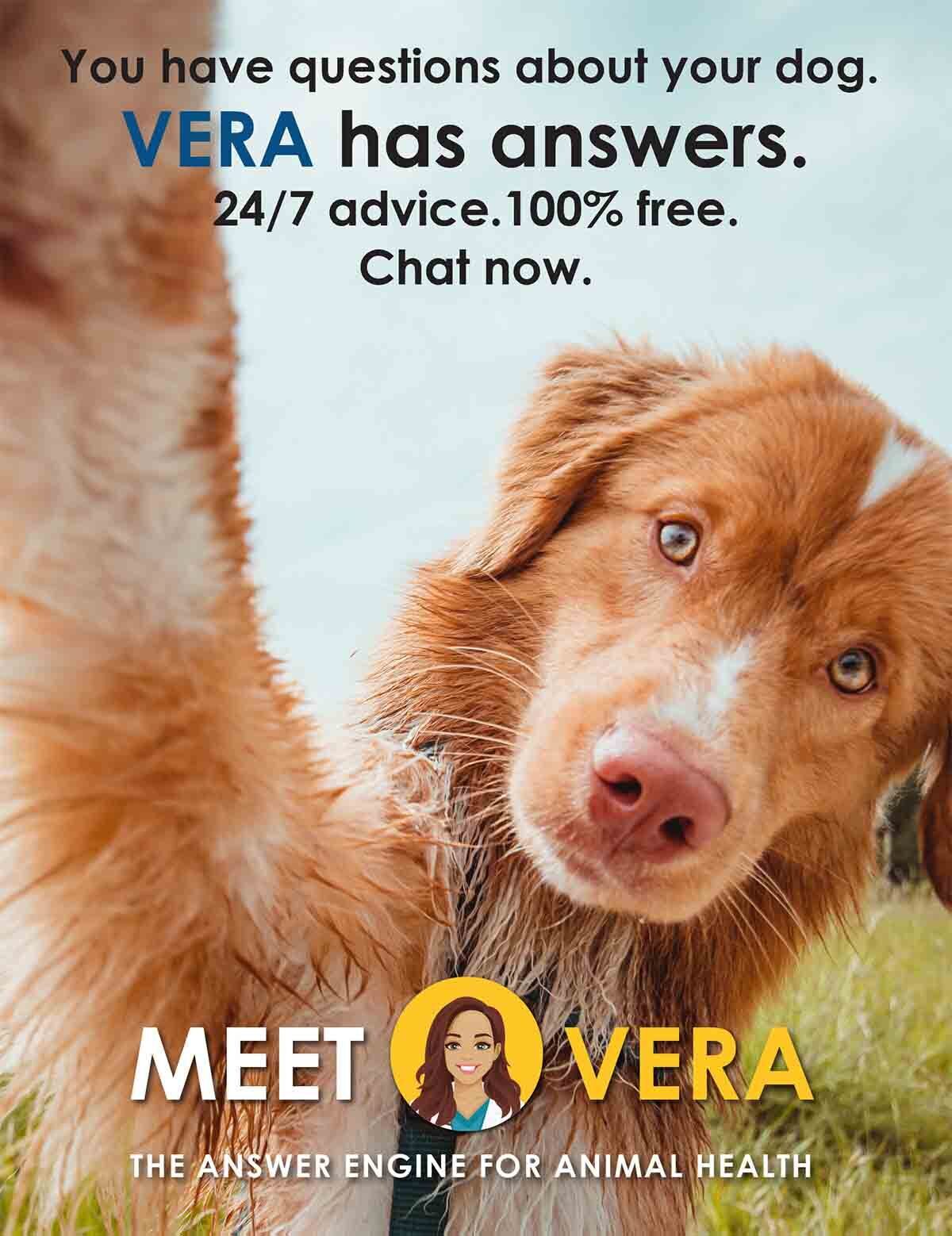Any dog is capable of letting out a random howl every here and there, and some dogs like to howl whenever they are given a chance to. Howling is a behavior that comes naturally to all dog breeds, and they utilize their voices for a few reasons. When you learn more about your dog as you grow together, you will come to figure out their unique habits — howling might be one of them.
When your dog is howling, your first instinct is going to be to figure out why. There could be a few different reasons for this, and with some deductive reasoning, you’re likely to figure out the culprit.
To learn more about why dogs howl and what their howling means, keep reading!
Dog Vocalization 101 What Dog Owners Need To Know
According to animal behaviorists, dogs can’t communicate with their humans in one specific way, and vice versa. For your dog to get their point across, they are going to use their voice.
Your dog might howl, whine, bark, bay, or growl to let you know how they feel about a certain situation. Each form of communication listed above may have been passed down to your pooch from their wolf and coyote ancestors.
A dog howling is often to alert the people or other animals around them of their presence, for attention-seeking, or to alert them to some kind of danger. Another reason your dog might be howling is that they are experiencing pain. If this might be the case, contact your dog’s veterinarian immediately.
Dogs are known to be pack members, not lone wolves, and it’s likely that they are using their instincts to try to communicate, even if they are not sure who is on the receiving end.
What Is Your Dog Trying To Say When Howling?
Your dog might just howl for the fun of it, especially if they are a basset hound, Alaskan malamute, or similar breed. If this is the case, you probably have given up on trying to figure out why your dog howls. They simply do because it’s in their blood (they might also be a husky or beagle).
If your dog howls randomly, there might be more intention behind it. For this reason, getting to the bottom of it and distinguishing howls, barks, and bays from each other can help us to understand our dogs better.
Responding to the Environment
Sometimes something in your surrounding environment will set off your dog and result in them howling. A loud or high-pitched sound, like a siren wailing or the backfiring of a car, another dog howling in the neighborhood, musical instruments, or loud noises on the TV might trigger a reaction from your dog. High-pitched noises are known as one of the key reasons dogs howl.
In this case, the howling is in response to something that’s off-putting to your dog. You will likely recognize the correlation because you will hear the sound they are reacting to.
If your dog is howling consistently based on a reaction, you might want to work on desensitizing them to these noises to avoid constant howling. Your dog is likely howling because they’re startled by stimuli and confused as to where the sound is coming from. Be patient and work to teach them that what they are reacting to is not a threat.
Needing Attention
Dogs will howl when they are looking for attention from their humans. They might learn that when they howl, you come to their attention and give them what they want — whether that be pets, a dog treat, or an action like going outside.
While we do want our dogs to alert us if they need something, like going out for the bathroom, excessive howling can be disruptive. When it’s not directed towards anything other than needing attention, it is a behavioral issue that should be corrected.
Rewarding a dog when they are quiet and ignoring them when they are howling at you for attention is the first step in changing their howling behaviors.
Alerting to Danger
Another reason for your dog to howl is if they feel like they are in danger due to potential predators or other threats. They might feel the need to alert you and others around them of the potential threat. This type of howling also makes their presence known to that specific danger to hopefully ward them off.
Dogs might howl if someone is approaching them who the dog is scared of. They might howl if someone tries to get into your house to tell them to back off. Many people and other animals will view a dog that is loud and rambunctious as a potential threat and will opt to stay away.
In these cases, it’s never a bad thing to have a dog who is howling by your side. It’s for this reason that teaching your dog when it’s appropriate to bark is so important.
Separation Anxiety
Many domestic dogs that come from rescues, have experienced trauma, or have severe attachments to their parents can suffer from separation anxiety. Separation anxiety is when a dog is left for time alone in the home or without their owner, and the result is acting out. Dogs might pair the howling with scratching, whining, or pacing and cause damage to objects around them.
Some dogs are not used to time spent without their humans, so when they are left alone for any amount of time, it can feel like an eternity. Medication can help this issue, but training and building up confidence in your dog will be key in teaching them how to manage their bark.
You may not be aware of this if you leave your dog when it’s happening, so talking to neighbors or even setting up a camera to see what your pet does when you’re gone might give you some better insight.
Medical Issues
The last thing that you want your dog to be howling because of is a medical issue. If your dog is not a howler, then their howling might signal that something is wrong with them physically. They could be hurt and trying to signal to their human that they are experiencing pain.
Keep note of your dog’s behaviors so that you can easily point out when something is off. If howling is odd for your dog and they have been doing it more than usual, you can reach out to your vet and see what your options are.
Hopefully, this is not the case, but if it is, you will want to take your dog to the emergency veterinarian immediately.
AskVet Has Answers for You!
When you can’t get to the bottom of your dog’s behaviors, AskVet is there to give you some answers. Sign-up for a virtual session and gain access to our Certified Pet Lifestyle CoachesTM (CPLC) around the clock to answer any question you may have whenever you have it.
You know the feeling of being a crazy dog parent? And wondering if you’re the only person who has this many questions and concerns about your (probably very healthy) dog? You can now feel that way but surrounded by like-minded pet parents with AskVet’s Clubhouse.
The AskVet Clubhouse is a simple (and fun) way to gain access to a community of pet parents who want a space to learn more about their pets and hear from other people who struggle with the same concerns. We are sure you’ll find other howling dog parents who are looking for solutions to their very loud (but adorable) problems.
Sources:
Canine Separation Anxiety: Strategies For Treatment And Management | NCBI






